*This post was written a number of years ago by UNO CEO + Founder, Brigitta Toruño. Read about her very personal experience here – and recognize how many of these same themes still ring true today.
April is National Minority Health Month, and the current debate over health care in America has me thinking about the kind of care my parents received. I am not talking about co-pays and deductibles or in-network or out of network issues. I am talking about an issue that has not been given much focus in today’s debate – the role of quality communication and interpretation, if needed, in the provision of quality health care.
One of the main things that I remember about my childhood (besides music), was spending a lot of time in hospitals visiting my mother. And then as an adult, I spent a lot of time in hospitals visiting my father. My mother had many different surgeries during my youth, including an appendectomy, gallbladder issues, and passing kidney stones, to name a few. She even got a concussion once from slipping on ice. She experienced many health issues and needed a lot of care. My mother passed away seven years ago.*
My father was diagnosed with diabetes at the age of 46. Soon after, he developed cardiovascular disease. Only 20 years later, after significant health issues, my father passed away. That was 13 years ago.*
Both of my parents were originally from South America. My mother was from Ecuador and my father was from Argentina. Their English was not great. I remember they relied on me quite a bit in the doctor’s office starting when I was about 10 years old to assist with interpretation, and I worried what was missed when I was not there. I worried then and still often think about now, whether they received all the care they needed, given that language barrier. I know they would have benefited from receiving translated information about their illnesses in their native language – Spanish, and by having an interpreter at the doctor’s office or at their bedside in the hospital, when I, their only child, wasn’t available. There wasn’t a lot of that available several years ago. I wonder now, to what degree the language barrier affected their long-term health. Would they still be here today? Consider your own experience. What if you couldn’t read the doctor’s instructions written for you? What if you couldn’t ask all the questions you wanted to of the doctor or pharmacist, or understand everything perfectly that your doctor said? How do you think it would affect your health?
So amidst all the talk lately focusing on the equity of cost and quality of our future health care, I am wondering about another part of that equity equation – whether we’re adequately addressing the needs of all of our citizens, including our immigrant citizens, like my parents. This article from Reuter’s Health highlights the importance of having professional interpreters in a hospital setting, especially based on how “[a]n estimated 25 million Americans have limited English proficiency — that is, they say they speak the language less than “very well.””
Did my parents receive the same quality of health care that non-Hispanic Whites receive? Or was there a disparity in care? Communications is such an integral part of good, quality health care. How can we be sure that an appropriate effort is made to address communications barriers to ensure equity of health care for all Americans? Bringing light to this issue through my Blog and social media channels is how I choose to mark National Minority Health Month. You can mark the event by helping me to keep the conversation going, or share how you will mark the occasion.
